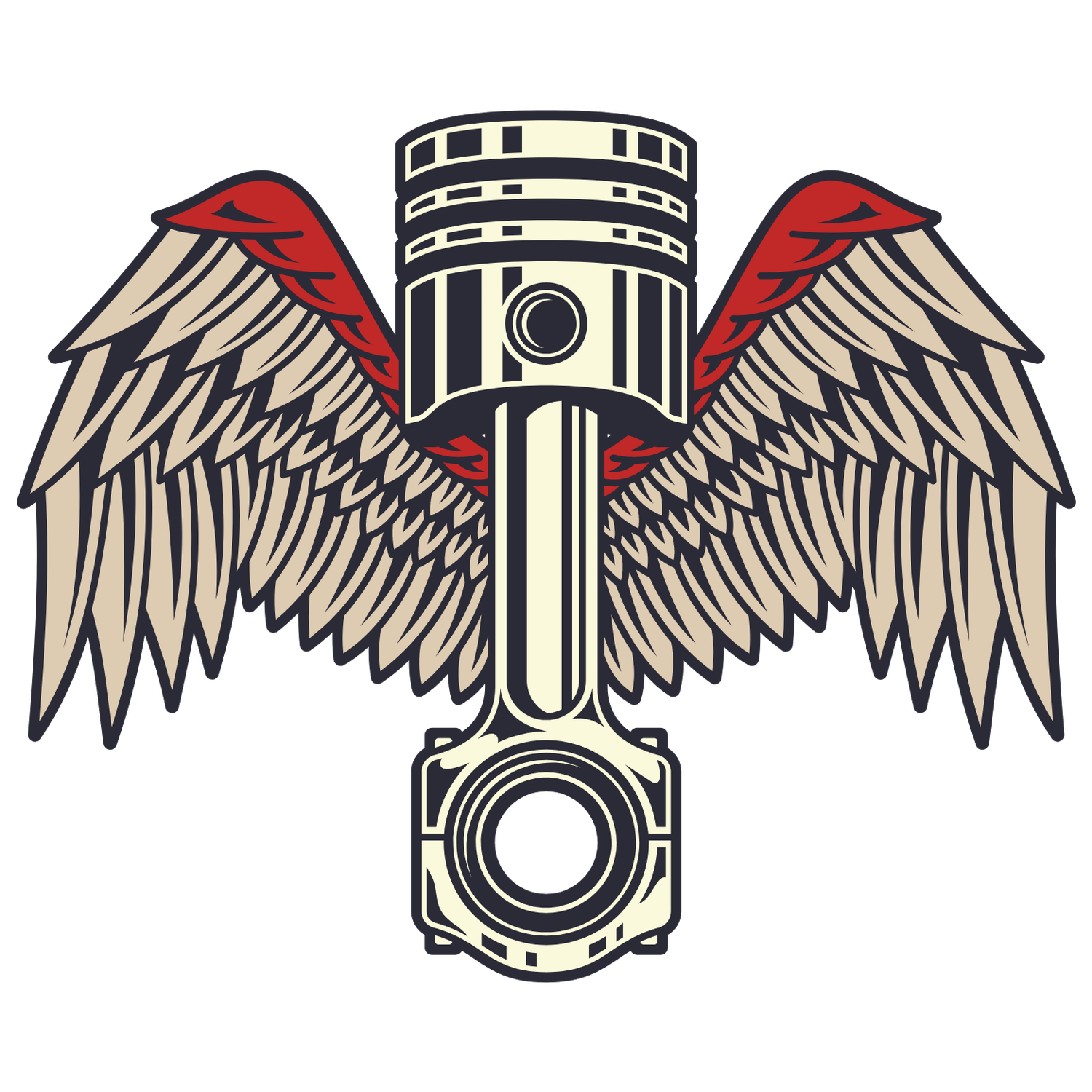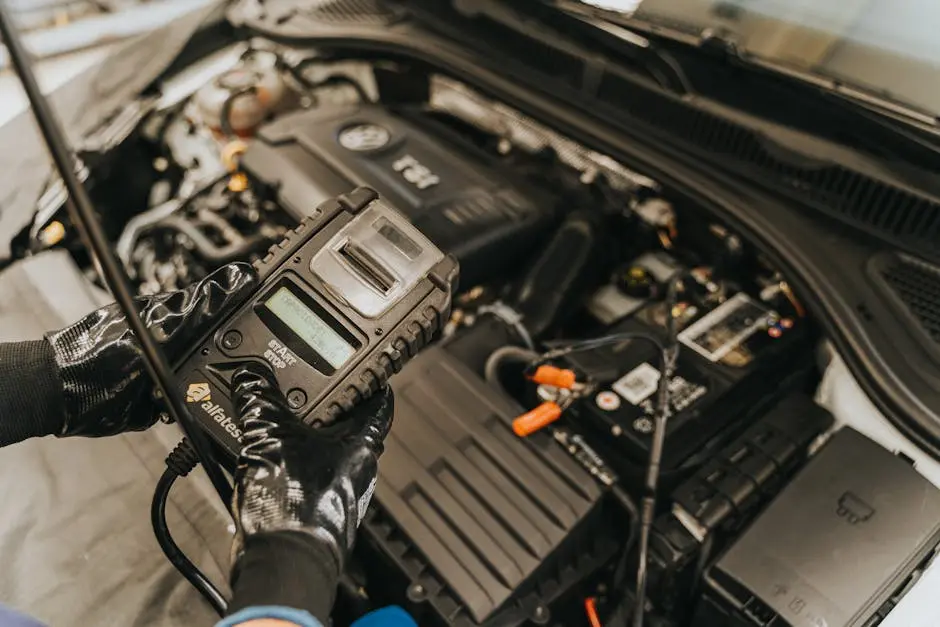9 Signs Your Engine Bearings Need Immediate Attention
Engine bearings play a crucial role in maintaining the smooth operation of your vehicle. Without them, your engine could suffer severe damage. Understanding the signs that indicate your engine bearings may need immediate attention can save you time and money in the long run. In this article, we’ll explore several key indicators that it might be time to take a closer look at your engine bearings.
1. Unexpected Noises from Your Engine
If you hear a knocking or tapping noise coming from your engine, it could be a sign that your bearings are worn out. This noise is often a result of the increased clearance between the bearing and the crankshaft. You might not notice it at first, but as the wear progresses, the sound will become more prevalent and annoying. It's crucial not to disregard these noises; they can indicate that crucial components are not functioning as they should.
Additionally, the type of noise can provide clues regarding the severity of the issue. For instance, a soft tapping noise could suggest minor wear, while a loud knock might indicate serious problems requiring immediate intervention. Listening carefully and documenting the changes can help mechanics assess the situation more efficiently.
2. Increased Engine Vibration
Excessive vibration while your engine is running can signal that something is amiss. Worn engine bearings can cause imbalances that lead to heightened vibration levels. When things vibrate more than usual, it’s usually a red flag, indicating wear on the bearings or other engine components.
This sort of vibration may not only be uncomfortable; it can also contribute to additional damage over time if ignored. As parts within the engine begin to shake, they may come into contact with each other more frequently than intended, leading to a cascade of problems. Therefore, it's wise to address unusual vibrations proactively.
3. Metal Shavings in the Oil
When performing an oil change, inspect the oil for metallic particles. The presence of shavings indicates wear on the bearings and warrants immediate investigation. Oil is meant to lubricate and protect your engine; finding anything foreign like metal can indicate that something is seriously wrong. These shavings are not a normal occurrence; they are essentially a cry for help from your engine.
It’s important to note that even a small number of shavings can indicate significant wear, making it vital to consider a professional examination if such debris is found. Regular checks can help spot these issues early. Be proactive and pay close attention to the condition of your oil; it’s one of the simplest ways to safeguard your engine.
4. Oil Pressure Drops
A sudden drop in oil pressure can indicate that bearings are failing. Insufficient pressure means that the bearings aren't receiving enough lubrication, which can lead to severe damage. Monitoring your oil pressure shouldn’t be just an occasional check; it should be a routine part of your vehicle maintenance.
When oil pressure drops, it’s often a precursor to bigger issues, not just with the bearings but potentially with other engine components as well. If you notice fluctuating pressure readings, it’s best to consult a mechanic immediately. Recognizing this sign can help you take preventive measures before a minor problem escalates into a significant repair.
5. Overheating Engine
Engine bearings help reduce friction, and when they wear out, friction increases. This can lead to overheating, prompting the need for immediate attention. An engine that runs hot not only affects your driving experience but can also result in catastrophic failure.
Additionally, if you find yourself in situations where you constantly have to monitor your temperature gauge, it might be time to investigate further. Overheating can stress out other parts of your engine, leading to a domino effect of issues. Don't wait for a warning light; noticing these symptoms upfront can save your engine from further damage.
6. Engine Warning Lights
If your vehicle’s warning lights illuminate, it could be a sign of bearing failure. Don’t ignore these alerts; they can point toward critical issues needing resolution. Your car’s dashboard warning lights exist for a reason; they communicate vital information about your vehicle's health.
When the check engine light flickers or stays on, it usually means there’s more than just something minor happening under the hood. Always consider a diagnostic scan if any warning lights come on. They might indicate problems not only with bearings but with other engine elements, too. The peace of mind from a quick check can prove invaluable.
7. Decreased Performance
If you notice a decline in your engine's performance, it could be linked to failing bearings. Symptoms like sluggish acceleration can indicate underlying issues. You might find yourself pushing the gas pedal harder with less responsiveness, which is frustrating and could mean your bearings are to blame.
Moreover, this reduced performance can affect fuel efficiency. When an engine struggles, it often has to work harder, leading to increased fuel consumption. Noticing patterns in your performance can provide critical insights into potential problems. If your vehicle starts to lag, don't wait; troubleshoot the issue sooner rather than later.
8. Change in Engine Sounds
If your engine sounds different than usual, it may be trying to tell you something. Unusual sounds can be a direct response to bearing wear and tear. Instead of ignoring the changes, take this as an invitation to investigate further. As the old saying goes, ‘an ounce of prevention is worth a pound of cure.’
Strange sounds – whether it be grinding, whining, or any other odd noise – are usually a bad sign that shouldn't be brushed off. If your engine has become noisier than you'll remember, the bearings might be suffering. The sooner you take action, the more likely you are to prevent a larger and costlier repair bill down the road.
9. Visible Oil Leaks
Finding oil leaks under your vehicle can signal serious issues with engine components, including the bearings. Immediate attention is necessary to prevent further damage. A drop of oil may not seem like much, but if it becomes a stream, you’re facing bigger problems ahead. Oil not only lubricates your engine but also cools it, and losing oil means losing that protection.
Furthermore, keep an eye on the surface under your parked car. Spotting oil leaks regularly can help you catch a tiny problem before it turns into a full-blown disaster. If you see dark spots under your car or notice your oil level declining quickly, it’s a good idea to consult your mechanic. Remember, it’s easy to dismiss a small leak, but prevention is always more cost-effective than trying to fix significant damage later.

